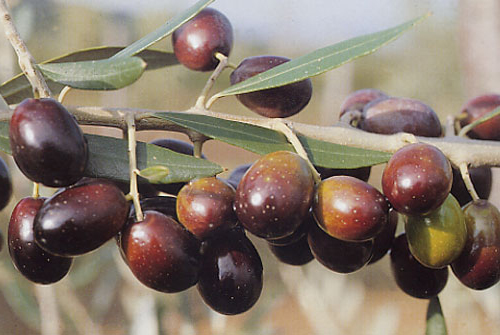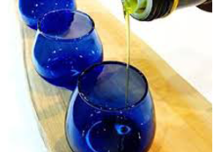
The oil world is unique and it’s difficult!
How often have we heard that being said? And not just about oil! Take the world “oil” out of that sentence and substitute it with any other word: try cinema, or football, wine or fashion, computing. Are you getting an idea of how often we hear that type of statement in our everyday lives?
Who usually says this kind of thing? Mainly experts, working in that specific sector. To some extent it is a means of adding importance to our words and to our knowledge. Subconsciously, it is a way to highlight how little the other person knows and to mark the difference between our knowledge and theirs.
The choice of words is important: we use words that appear mysterious and complex, with who-knows want deep meaning behind them.
Which words can intimidate people that don’t have a specific knowledge of the sector?
Speaking about oil with friends, acquaintances and colleagues, the first thing that comes to mind is the reverence towards the word “CULTIVAR”. This is one of the classics when it comes to confusing the listener. Straight after the word CULTIVAR, we need a quick explanation.
So what does CULTIVAR mean?
Quite simply: type or variety of oil. This is what I say when asked to break it down. I often illustrate it with a wine-making example, since people may well understand it better in the context of wine. The difference between a FRANTOIO and a MORAIOLO is similar to the different between a Merlot and a Sangiovese: both types of grapes are used to make red wine, but the wines produced are different.
This is the easy explanation, understandable and immediate. To go into further detail, I turn to Wikipedia, without disturbing strict international treaties:
- The term Cultivar (CV. according to the International Code of Nomenclature for Cultivated Plants -ICNCP) most commonly refers to an assemblage of plants selected for desirable characters that are maintained during propagation. More generally, cultivar refers to the most basic classification category of cultivated plants in the ICNCP. Most cultivars arose in cultivation, but a few are special selections from the wild.
The word CULTIVAR comes from Latin (varietas culta), passing through the English (cultivated variety).
In the next article, we will look at the quality of some indigenous cultivated varieties.








